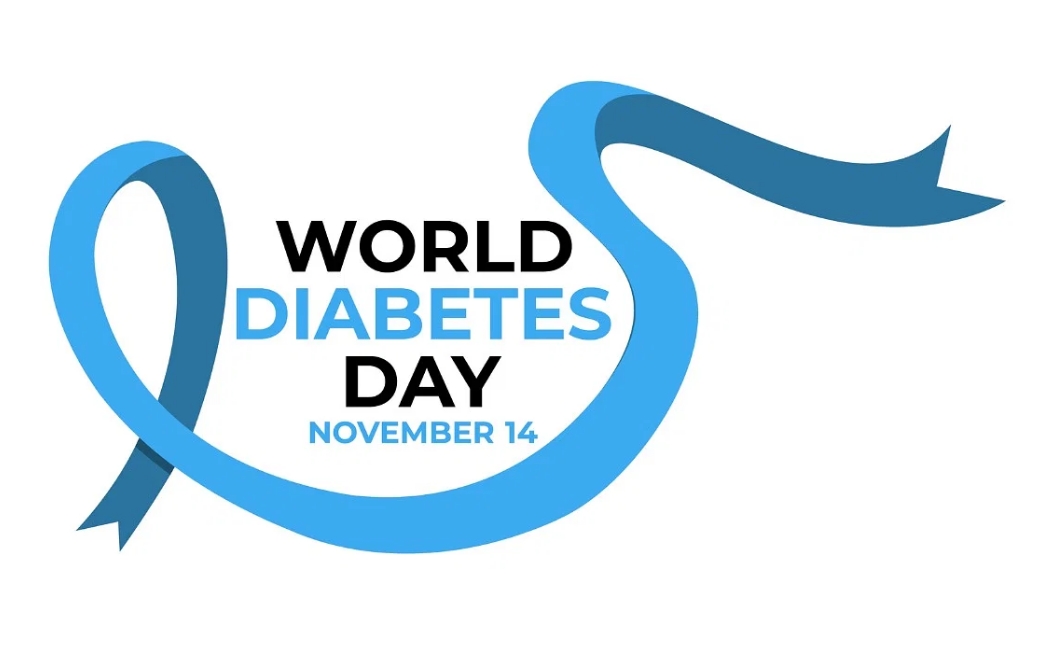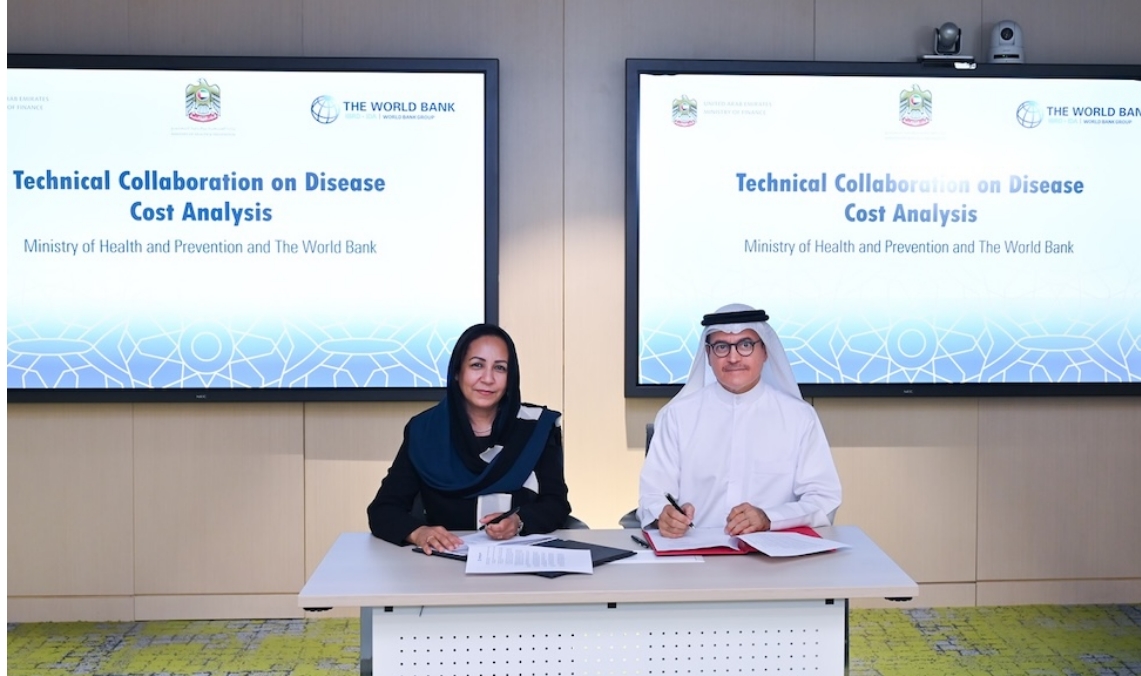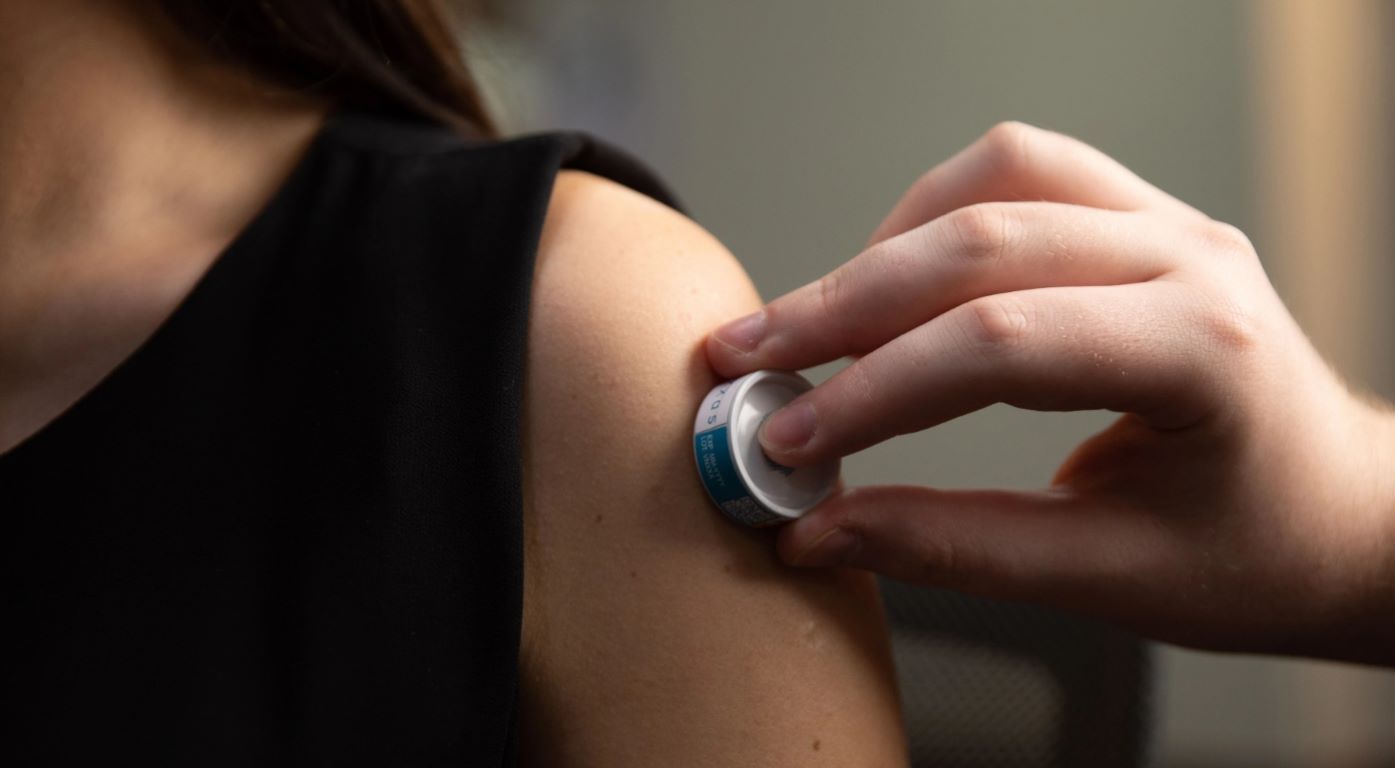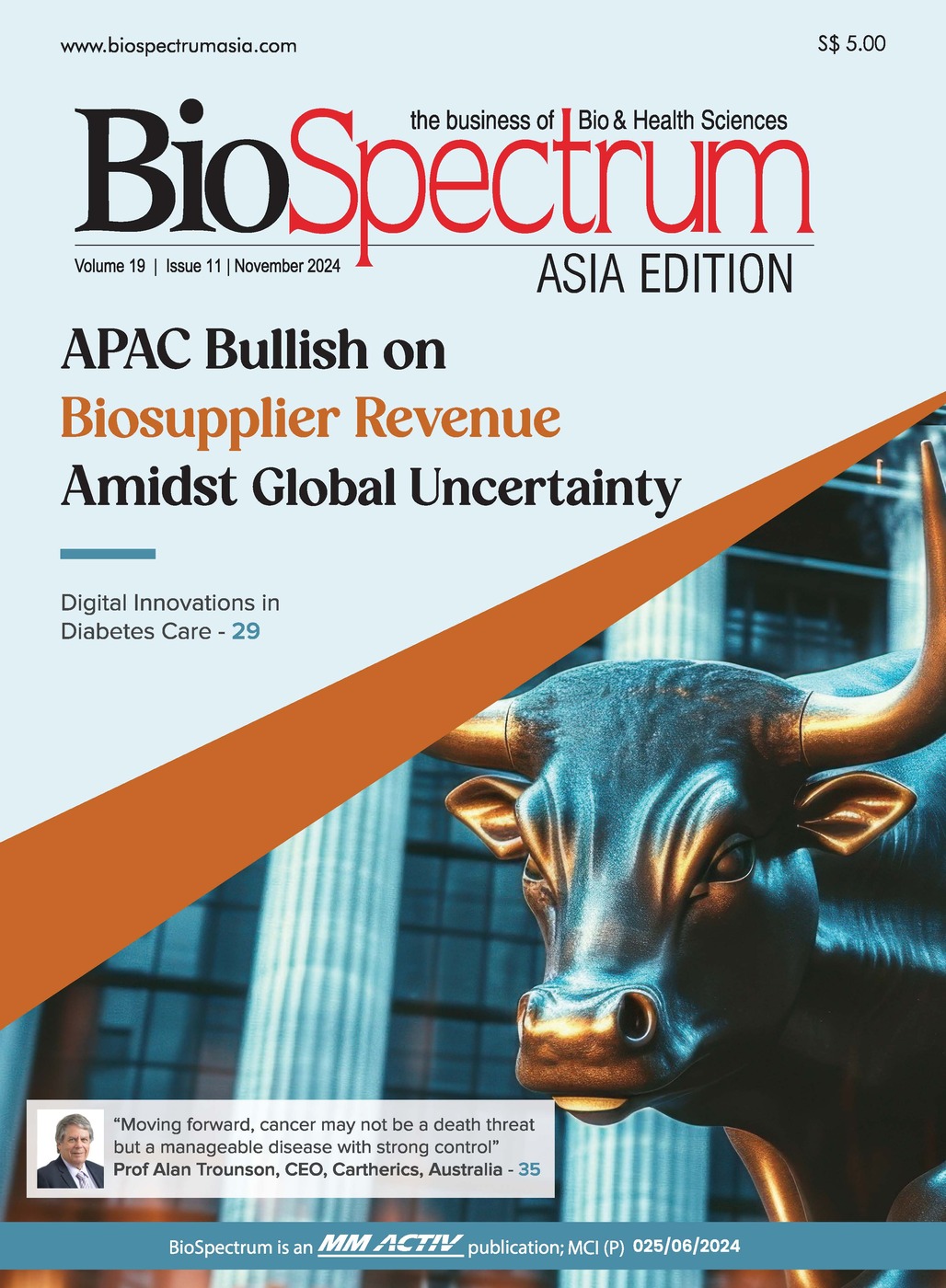Abbott partners with Diabetes Singapore
15 November 2019 | News
A hope to bring higher awareness on Diabetes Burnout in patients, caregivers, doctors and families for an improved self-management with relevant information and practical suggestions on nutritional solutions

Image Courtesy: Hospital News
Abbott is partnering with Diabetes Singapore to empower individuals with diabetes and their caregivers with information and skills to break free from Diabetes Burnout.
While burnout as an occupational phenomenon is well known, “Diabetes Burnout” is lesser-known and refers to a state of emotional or physical exhaustion caused by feeling frustrated and overwhelmed by the burden of diabetes self-management. People who have burned out realise that diabetes care is important for optimal health but lack motivation or guidance to perform proper self-care. To provide continued support to those managing diabetes, Abbott and Diabetes Singapore created a series of activities for individuals and caregivers including:
- ‘Diabetes Burnout – What Can We Do About It’ at the World Diabetes Day Event 2019: Advancement in Diabetes Care and Management is a public event that will take place at the Ng Teng Fong General Hospital on November 17 from 8:00 am – 5:00 pm. The event will feature a variety of diabetes-related screenings, a healthy cooking demonstration, and educational talks from special guest speakers. At 10:00 am Dr Kalpana Bhaskaran, Vice President of Diabetes Singapore and the Singapore Nutrition and Dietetics Association, and Dr Emma Cartwright, health psychologist, patient, and member of Diabetes Singapore will speak about ‘Diabetes Burnout – What Can We Do About It’.
- Workshop Series: “Living Empowered: Break Free from Diabetes Burnout” is a four-part workshop series that will take place between January and June 2020 for the public, providing real-life tips and hands-on experience to managing the four key areas of diabetes distress, including Emotional, Regimental, physician-related and Interpersonal.
- Patient Education Materials: In conjunction with the workshops, patient educational materials will be available online at the Abbott and Diabetes Singapore
These initiatives are designed based on the results of a survey conducted by Abbott and Diabetes Singapore which aimed to better understand the challenges of living with diabetes and to find solutions to empower patients. Using a validated tool to survey 167 respondents with type 2 diabetes mellitus (T2DM), it was found that nearly 2 in 5 (39%) Singaporeans experience Diabetes Burnout, and nearly 1 in 3 respondents (28%) who perceive themselves as ‘managing diabetes very or quite well’ also experience Diabetes Burnout.
“Managing diabetes can feel like a full-time job you didn’t want and can’t quit and involves the daily management of diet, exercise and medication while managing emotions and interpersonal relations. These stresses accumulate and may lead to Diabetes Burnout which in turn may affect control in the long run,” said Ms Kalpana Bhaskaran, Vice President of Diabetes Singapore.
The survey identified emotional distress and regiment-related distress as the two key domains of Diabetes Burnout, affecting all respondents with Diabetes Burnout. Interestingly, Diabetes Burnout was found to be more prevalent amongst individuals who are below 60 years old as opposed to those who are 60 years old and above.
MANAGING DIABETES BURNOUT HELPS WITH BLOOD GLUCOSE CONTROL
Diabetes Burnout in individuals with T2DM has been shown to result in poor adherence, reduced self-care and poor glycemic control. The survey also found that nearly 1 in 3 (29%) respondents experiencing Diabetes Burnout had poor control of their condition.
Self-awareness and support from family members, friends and healthcare professionals play a pivotal role in helping patients better identify and manage various aspects of diabetes care to stay in control of their condition. Keeping blood glucose levels on target can also prevent or delay the onset of complications such as blindness, kidney disease and heart disease.
Across all respondents with or without Diabetes Burnout, the number one stressor was following a healthy diet. Of the respondents with Diabetes Burnout, the top two aspects of diet that caused the most stress were 49% ranked “making healthy food choices at every meal and snack” (49%) and “daily carbohydrate or calorie counting” (48%).
“Stress can affect diabetes control, therefore managing the emotional and psychological state is as important as managing glucose readings. Patients are often burdened by many aspects of self-care, particularly dietary choices. To be the model patient and to choose the ‘right’ food that is low in carbohydrates, and well balanced in nutrition day-in and day-out is indeed a formidable challenge. As healthcare professionals, family and community, we can do more to support them – and this support can make a world of difference to them,’’ said Dr Matthew Tan Zhen-Wei, medical director and senior consultant endocrinologist.
CONVENIENT DIET CHOICES EMPOWER PATIENTS
97% of the respondents reporting Diabetes Burnout want to be more empowered over their diet. The top two solutions identified that can help to reduce stress around following a diabetes diet were convenient, tasty and affordable diabetes-friendly meals and snacks (55%) and diabetes-specific supplements (62%).
“Together with Diabetes Singapore, we hope to bring higher awareness of Diabetes Burnout to people with diabetes and more importantly to the people around them including their caregivers, doctors and friends, so that we as a community can support these individuals to better manage their condition and enjoy a better quality of life. We want to help patients break free of Diabetes Burnout with relevant information and practical suggestions that include nutritional solutions to meet the need for greater convenience and confidence,” said Ms Anna Jacob, MS, director of nutrition and medical affairs at Abbott in Singapore.
About the Survey
To find out if diabetes patients in Singapore experience burnout when it comes to managing their condition including making daily decisions about their food and nutrition, Abbott partnered Diabetes Singapore to identify areas that patients struggle with most, with a focus on understanding areas that can be better supported. Based on a study of 167 participants with T2DM comprising a mix of gender and ethnicity, the survey was carried out online in April 2019 over a period of four months.











